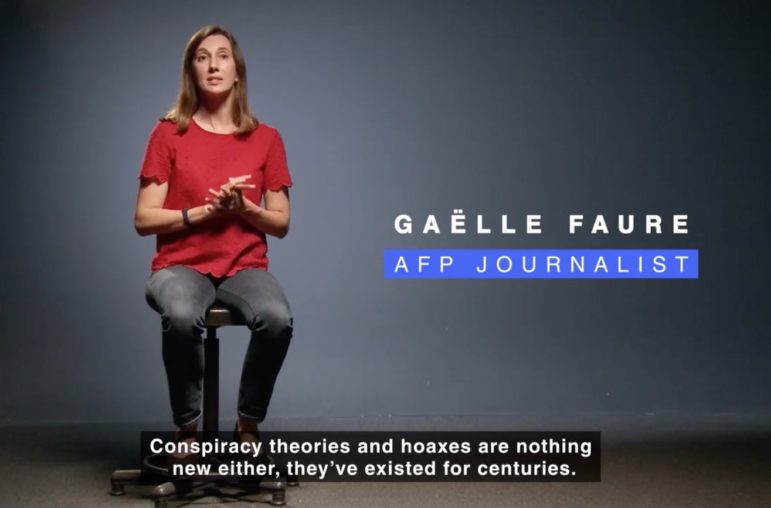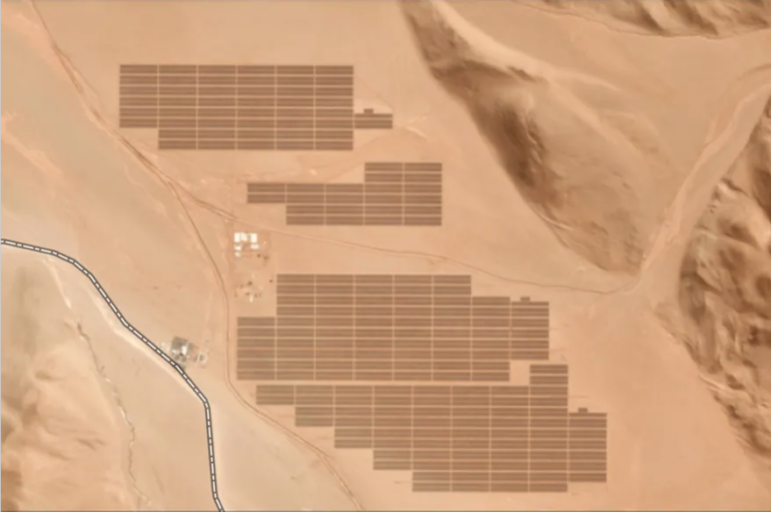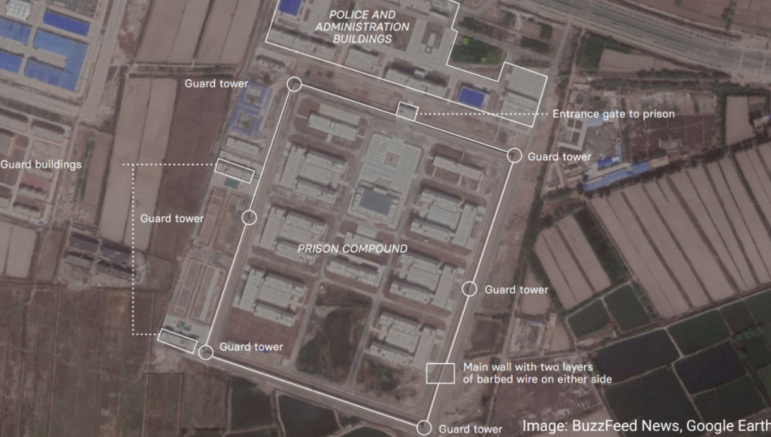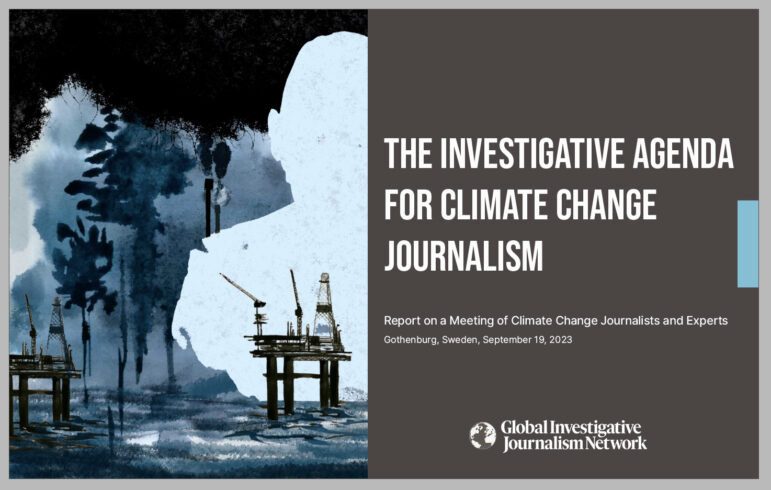

Hate in Myanmar, Murder in Manila and More Award-Winning Investigations from Asia

“Erasing the Rohingya” won the SOPA Award for Public Service Journalism.
The winners of the 2019 SOPA Awards were recently announced at a gala held by the Society of Publishers in Asia (SOPA). The top award, the Award for Public Service Journalism, went to Reuters for its investigation of the role of Myanmar’s army in massacring Rohingya Muslims. The Excellence in Investigative Reporting was given to three winners: Reuters, for its investigation into the use of Facebook to spread hate in Myanmar; Philippine media Rappler, for its coverage of the dirty networks linked to president Rodrigo Duterte’s so-called drug war; and the Taiwanese media The Reporter, for its story on environmental refugees displaced by pollution from a petrochemical park.
Cliff Buddle, Chair of the SOPA Editorial Committee, said he hoped these awards would inspire journalists to keep producing high-quality investigations.
“Journalists in the region are working in increasingly difficult conditions. The jailing of the Reuters reporters in Myanmar for simply doing their job is a glaring example of this disturbing trend,” Buddle said in a statement. “I am delighted that they have finally been released. Protecting press freedom in Asia and around the world is as important as it has ever been.”
The SOPA Awards are held annually to recognize excellent news coverage throughout the Asia-Pacific. It has 17 award categories in total. Below, we highlight six of this year’s inspiring winners.
Award for Public Service Journalism
“Erasing the Rohingya” by Reuters
In late August 2017, Myanmar’s military started a brutal crackdown on Rohingya Muslims in Rakhine State. As a result, about 730,000 Rohingya refugees fled to neighboring Bangladesh. In this investigation. The Myanmar government rejected accusations that soldiers torched villages, slaughtered Rohingya villagers and raped the women. It also claimed that the Rohingya that died in the crackdown were terrorists, and banned foreign media and aid groups from entering Rhakine state.
However, thanks to Reuters’ investigation, the world learned that students, teachers, fishermen and ordinary villagers were killed. Through interviews with Buddhist villagers, retired soldiers, local officials and police officers, Reuters exposed the role of Myanmar’s military and paramilitary police in the massacre of the Rohingya.
Reuters also compared satellite image to show how Rohingyas’ homes were leveled: Many of the villages were burned, then flattened and scraped by bulldozers sent by the government.
During one of these operations in the village of Inn Din in 2017, 10 Muslim Rohingya captives were shot and buried by militants and Buddhist villagers. Some of the victims were buried alive. Reuters journalists Wa Lone and Kyaw Soe Oo were arrested and sentenced to seven years for their reporting on massacres. However, after an outcry from the international community, Myanmar’s military eventually admitted to the massacre in Inn Din and the two journalists were released in early May.
Excellence in Investigative Reporting
“Guns, Clicks and Cement: Inside Myanmar’s Hate Machine,” by Reuters

“Guns, Clicks and Cement: Inside Myanmar’s Hate Machine” was one of the three winners of the SOPA Excellence in Investigative Reporting Award.
In April 2018, Facebook founder Mark Zuckerberg promised that the social media site would hire more Burmese speakers to review hate speech posted in Myanmar. But the situation was still dire four months later, as Facebook remained a major platform for hate speech against Rohingya Muslims in Myanmar.
The poisonous posts called the Rohingya dogs, maggots and rapists, suggested they be fed to pigs, and urged they be shot or exterminated. Facebook is widely used in Myanmar and many people came to see the Rohingyas as the crux of all problems, thus supporting the ethnic cleansing of this Muslim minority.
According to Reuters’ report, Facebook has 18 million active users in Myanmar but outsources to a company with only 60 employees to review reports of hate speech.
The committee said Reuters’ report introduced the Rohingya crisis to much of the world and exposed the role of Facebook in ethnic cleansing.
“Murder in Manila,” by Rappler

“Murder in Manila” was one of the three winners of the SOPA Excellence in Investigative Reporting Award.
As soon as Rodrigo Duterte ascended to the presidential office of the Philippines, he launched a bloody war against drugs, which had cost an estimated 23,518 lives as of October 2018.
After six months of investigation and interviews with members of the national police and vigilante gangs, Rappler published a lengthy report revealing that the police were outsourcing extrajudicial killings to the same vigilante gang they accused of murder. The police would coordinate with vigilantes, select targets, take credit for murders, and on occasion pay for assassinations.
The SOPA committee described this series as an exceptional work of investigative journalism which, through a strong network of inside sources, reveals the links between the police and vigilantes.
“20 years of No. 6 Complex Operation: Environmental Refugees From a Science War,” by The Reporter

“20 years of The Sixth Naphtha Cracking Plant Operation: Environmental Refugees From a Science War” was one of the three winners of the Excellence in Investigative Reporting Award.
The Sixth Naphtha Cracking Plant of Formosa Petrochemical Corporation began operating in 1988 in Mailiao Township, Yunlin County, Taiwan. While the petrochemical park boosted Taiwan’s economy, it also created a group of environmental refugees who were banished from their homes.
In the villages around the complex, lives were destroyed: Crops and animals died, while villagers developed all sorts of cancers, leading to a skyrocketing death rate.
However, according to the “standard methods” established by The Taiwan Environmental Analysis Laboratory, the pollution made by the complex has remained “undetectable,” and the government pointed to these findings to defend its inaction.
The Reporter release a series investigative reports exposing the “science war” behind the pollution measurements and the wrestling between central government, local government and the villagers. They also interviewed many professionals and insiders, proving that the “undetectable pollution” is a smokescreen jointly created by academia and the petrochemicals industry.
Excellence in Journalistic Innovation
“Nine-in-One Election Interactive Map” by CommonWealth Magazine
The Taiwan-based magazine CommonWealth created an interactive map of Taiwan’s Nine-in-one election — its local government elections. By combining geographical data with voting results released by the electoral commission, the interactive map outlines all parties’ votes by percentage, down to the details of every village in Taiwan.
Compared with ordinary interactive maps, this election map has three highlights: It not only offered the 2018 results, but also presented 2014 results for comparison; the data is paired with in-depth analysis to further elaborate the trends behind the data; and it has an option for viewing “island constituencies” (constituencies that voted differently than all those surrounding it).
Andy Lin, the mastermind behind the map, shared his process in detail on his Medium page.
Excellence in Information Graphics
“The Forbidden City,” by South China Morning Post
The Forbidden City served as the palace for 24 emperors during the Ming and Qing Dynasty. It sits at the center of Beijing, covering 720,000 square meters. What was it like living in the largest palace in the world? And what it has been through in modern times?
South China Morning Post reproduced the history of the Forbidden City using delicate illustrations and data analysis. To make this happen, reporters interviewed experts and consulted historical documents depicting Chinese palace life.
The SOPA committee said that the rich visual resources shown in the infographic took the readers to the golden times of the Forbidden City.










